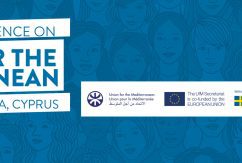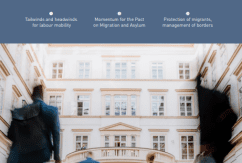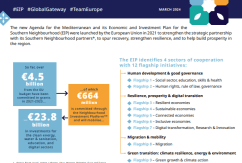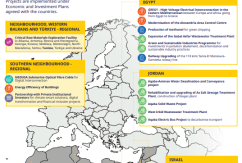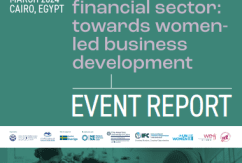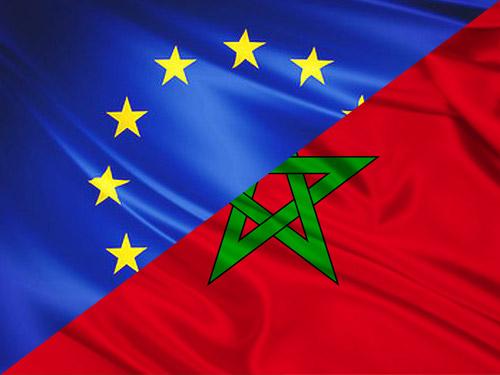FEMISE publishes a research on inequality and inclusive growth in the Southern Mediterranean region
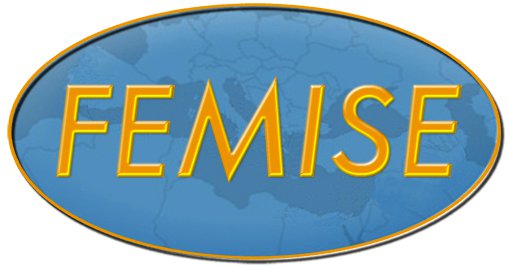

FEMISE announced the publication of its research project FEM42-10, “Inequality and inclusive growth in the South Mediterranean region: Are education and innovation activities favouring firm performance and citizens’ wellbeing?”.
The research project was coordinated by Inmaculada Martinez-Zarzoso (University Jaume I and University of Goettingen) and includes the following 3 papers:
- Returns to Vocational and University Education in Egypt:
While tertiary skills are important for growth in developed countries, it is primary and secondary education that are related to development in developing countries. Despite the substantial expansion in technical and vocational education in Egypt, the labour market lacks technical skilled workers not only in numbers but also in competences. This paper examines the impact of education on labour market outcomes in Egypt, with a focus on returns to vocational secondary and technical higher education in 1998, 2006 and 2012.
- Gender Gap and Firm Performance in Developing Countries:
This paper uses firm-level data from the World Bank Enterprise Survey (WBES) to investigate productivity gaps between female and male-managed companies in developing countries and to compare the outcomes obtained for different regions in the world.
- Real convergence between ENP and southern European countries: a cluster analysis
This paper analyses the convergence pattern of GDP per capita, productivity, inequality and unemployment in both ENP and southern European (SE) countries. It follows the methodology proposed by Phillips and Sul (2007, 2009) in which different convergence paths can be distinguished among heterogeneous economies involved in a convergence process. This heterogeneity is modelled through a nonlinear time varying factor model, which provides flexibility in studying idiosyncratic behaviours over time and across section.
FEMISE is an Association that receives EU-funding, aiming through its activities to contribute to the reinforcement of dialogue on economic and financial issues in the Euro-Mediterranean partnership, within the framework of the European Neighbourhood Policy and the Union for the Mediterranean. More specifically, it seeks to improve understanding of the priority stakes in the economic and social spheres, and their repercussions on the Mediterranean partners in the framework of their implementation of EU Association Agreements and Action Plans.
Read More
Forum Euroméditerranéen des Instituts de Sciences Économiques (FEMISE)



